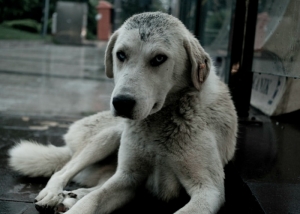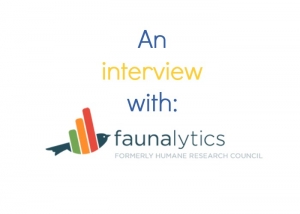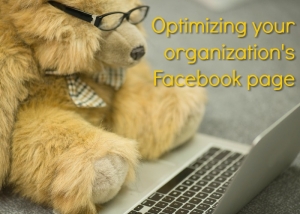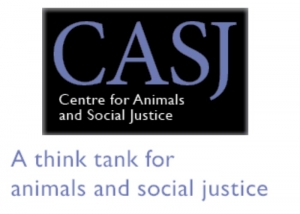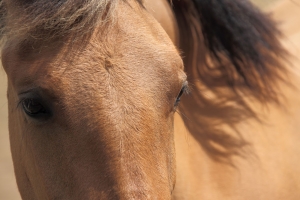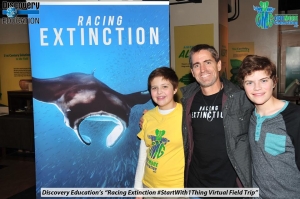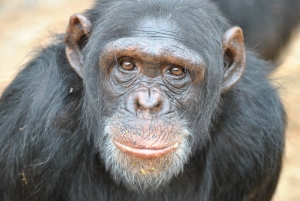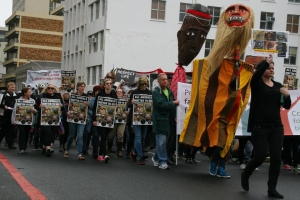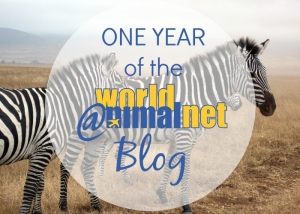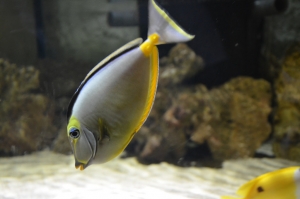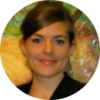
Jessica Bridgers
Jessica is the Executive Director at World Animal Net. Having received a B.S. in biology with minors in chemistry and anthropology from the University of New Mexico, she combines a scientific background with a passion for animal protection. She completed her M.S. in Animals and Public Policy from Tufts University and internships with Humane Society International, Animal Protection of New Mexico, and the New England Anti-Vivisection Society before arriving at World Animal Net. In her free time, she volunteers with horse and wildlife rescues.
World Animal Net Releases New Report on Stray Dog Population Management
At World Animal Net, one of the most frequent emails we get comes from people traveling abroad who have encountered stray dogs and are concerned for their welfare. High profile cases of abuse of stray dogs by municipal and country governments have made headlines in past years from Romania, Russia, and Brazil, to name just a few. And in India, the problem of dog-mediated rabies has reached such a fever pitch that killing stray dogs is again being considered, though the country banned the practice in 2001.
Faunalytics: A Standout Charity Helping Animal Advocates
In today’s blog, we highlight the work of Faunalytics, a non-profit research organization dedicated to helping animals by providing useful information to advocates to help them increase their impact. You may know them by their former name: “The Humane Research Council.” Che Green, their Executive Director, has kindly shared this information about their important work with WAN and our contacts.
Facebook for Animals: Optimizing your organization's Facebook page
Over the past decade, Facebook pages for animal protection organizations (and any organization, really) have gone from optional to obligatory. Regardless of what kinds of animals you work for, and what your methods are (rescue, policy, etc.), having a presence on Facebook is a must. A Facebook page not only lets people know what your organization is doing, but it creates a channel for you to promote your audience to take action through petitions or contacting policy targets to ask for reform, as well as more pragmatic endeavors, such as building your donor base and growing your email list.
New Report from the CASJ Explores How Promoting Democracy Can Help Animal Advocates Protect Animals
Anyone who has experience in the field of animal protection knows that for the majority of issues, from farmed animals, animal experimentation, pet overpopulation, hunting, animals in entertainment, to working animals, we battle vested interest groups which benefit economically from the use and abuse of animals. Unfortunately, many governments across the world operate under a paradigm that promotes human-centered economic growth. Because of the contribution of animal-use industries to economic growth, economic considerations of animal use are generally given primacy over animal welfare considerations. Thus, government structures, systems and processes are developed which support animal-use, despite the fact that these generally do not reflect public opinion on animal welfare. This paradigm prevents an overarching animal welfare ethic from being incorporated, the result being a marked lack of progress by animal advocates.
Why Can Dogs and Horses Read Our Faces?
For anyone who has spent much time around either dogs or horses, two species with a long history of companionship with humans, the news of recent weeks probably comes as no surprise.
Advocacy Spotlight: One More Generation (OMG)
Recently, World Animal Net was honored to meet Jim Ries, President of One More Generation (OMG). OMG is a unique organization in that it was founded by two kids, Carter and Olivia Ries, who care deeply about animals and the environment that they (and we) rely on for survival. Carter and Olivia are passionate about empowering their peers to realize that their actions can in fact have a profoundly positive impact on the world around them. The work of this organization has inspired us at World Animal Net, and makes us optimistic for the future generations who will inherit the torch of making the world a better place for all its inhabitants.
OMG's Jim Ries was kind enough to answer our questions about how their organization accomplishes its mission of youth empowerment. Don't forget to check out their Orangutan Letter Writing Campaign!
U.S. Move to Retire all Government-Owned Research Chimpanzees: A Big Step in the Right Direction, but Still a Long Journey Ahead
Last week, news broke that the U.S. government would retire all 50 chimpanzees it was holding in reserve “in case” of need for them in the future as research subjects. This victory comes as the result of a campaign spanning many years and which would not have been possible without the collaboration, cooperation, and joint advocacy of numerous animal protection groups, both small and large, nationwide.
World Animal Day Makes Animal Issues Front Page News Around the Globe!
A few months ago, Caroline Ruane, Campaign Manager for the World Animal Day initiative, wrote to tell us a bit about the background and meaning behind World Animal Day (celebrated October 4 each year). Now that World Animal Day 2015 has come to a close, Caroline has given us an update about how World Animal Day was celebrated and continues to grow around the world, thanks in no small part to World Animal Day’s 89 Ambassadors in 76 countries.
One Year of the WAN Blog!
One year ago at WAN we began publishing weekly posts on the WAN blog. We embarked on this blog because it provides a way for us to share timely and actionable expertise and advice for those working on the ground for animals. We’ve enjoyed the connections we’ve forged through the blog and hope that you’ve found the information we’ve shared useful and applicable to your own work.
To celebrate one year of the WAN blog, we’re offering a recap of all the blogs posted over the last year, as well as the opportunity for you to weigh in on what you would like to see on the blog in the next year! You can let us know what topics matter most to you as an animal protection professional by filling out our 3-question survey, here.
Fish Friendships Facilitate Foraging Opportunities
For the first time, scientists have observed a species of fish that literally “watches each others’ backs” while foraging. Coral reef rabbitfishes foraging in pairs were found to forage in a unique manner: one fish forages head down in the coral reef, while the fish’s partner stands watch, head up, scanning the surroundings for threats.

